The one thing we can never get enough of is love. And the one thing we never give enough is love
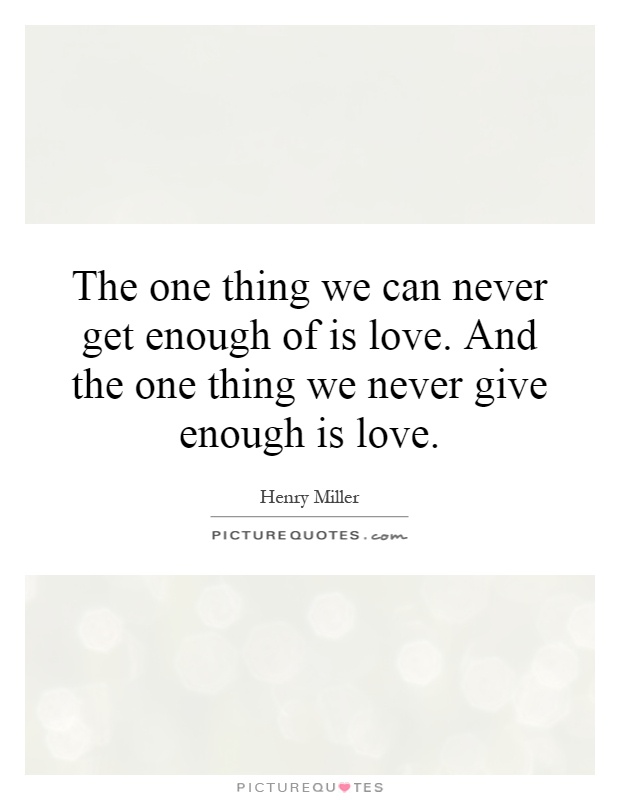
The one thing we can never get enough of is love. And the one thing we never give enough is love
Henry Miller, the renowned American writer and artist, was known for his bold and provocative works that often explored themes of love, passion, and human connection. In his writings, Miller frequently delved into the complexities of relationships and the profound impact that love can have on individuals. One of his most famous quotes, "The one thing we can never get enough of is love. And the one thing we never give enough is love," encapsulates his belief in the transformative power of love and the importance of expressing it freely and abundantly.Throughout his life and career, Miller experienced both the ecstasy and agony of love, grappling with its intensity and unpredictability. His relationships with various women, including his wives and lovers, served as a source of inspiration and turmoil, shaping his artistic vision and emotional landscape. In his autobiographical works such as "Tropic of Cancer" and "Tropic of Capricorn," Miller bared his soul and laid bare his vulnerabilities, offering readers a raw and unfiltered glimpse into his innermost thoughts and desires.
For Miller, love was not just a fleeting emotion or a passing fancy; it was a profound and enduring force that could transcend boundaries and defy conventions. He believed in the power of love to heal wounds, ignite passions, and bring meaning to life. In his writings, Miller celebrated the beauty and complexity of human relationships, portraying love as a sacred and transformative experience that could elevate individuals to new heights of self-discovery and fulfillment.
However, despite his deep appreciation for love, Miller also acknowledged the challenges and limitations that often accompany it. He recognized that love requires courage, vulnerability, and sacrifice, and that many people struggle to fully embrace its transformative potential. In a world marked by cynicism, materialism, and superficiality, Miller believed that genuine love was a rare and precious commodity that should be cherished and nurtured.
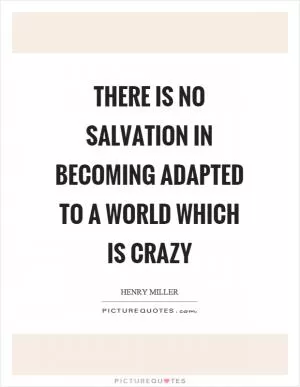

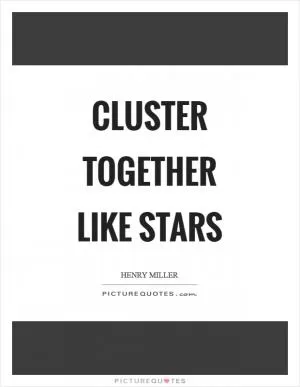
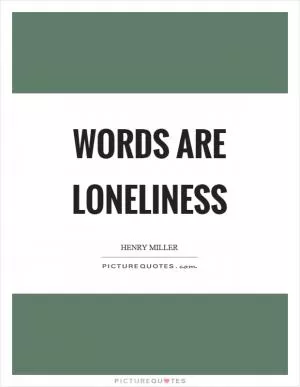


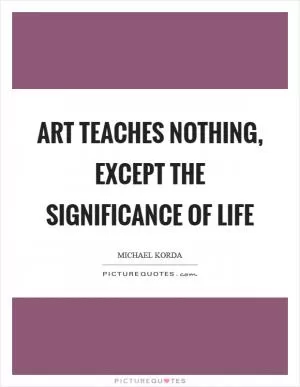
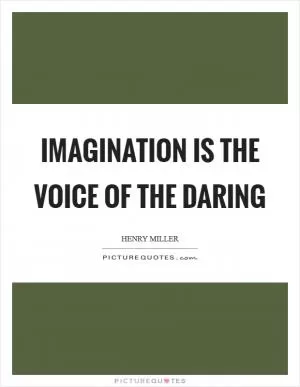




 Friendship Quotes
Friendship Quotes Love Quotes
Love Quotes Life Quotes
Life Quotes Funny Quotes
Funny Quotes Motivational Quotes
Motivational Quotes Inspirational Quotes
Inspirational Quotes